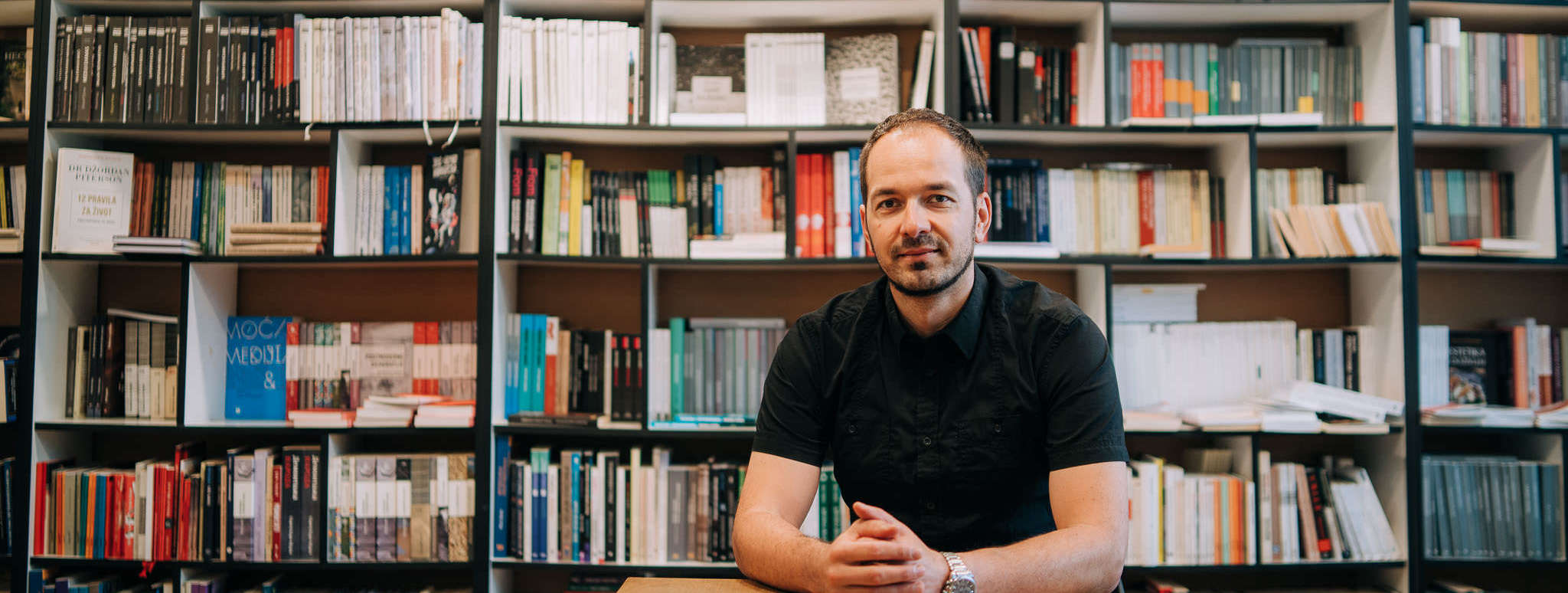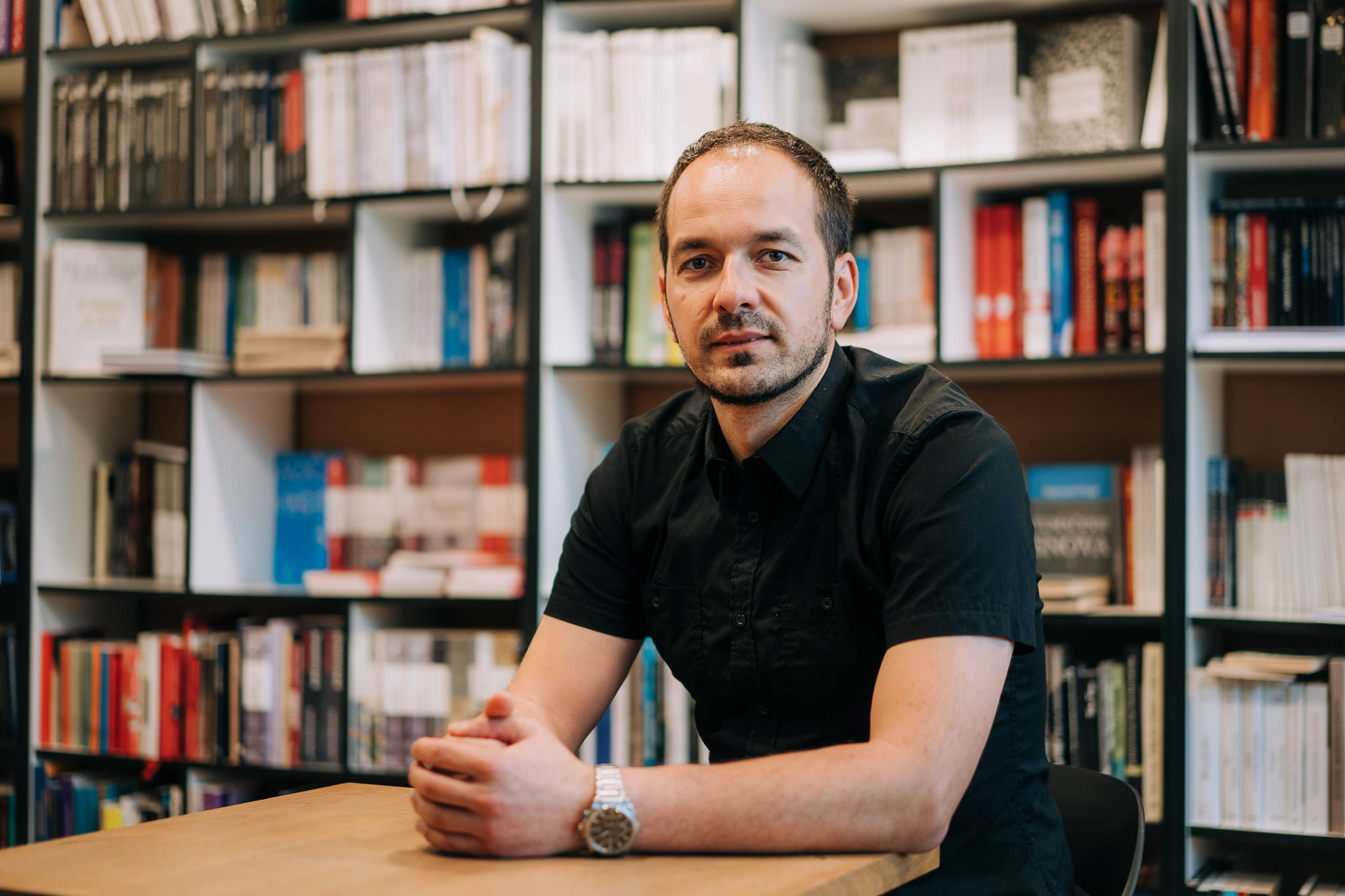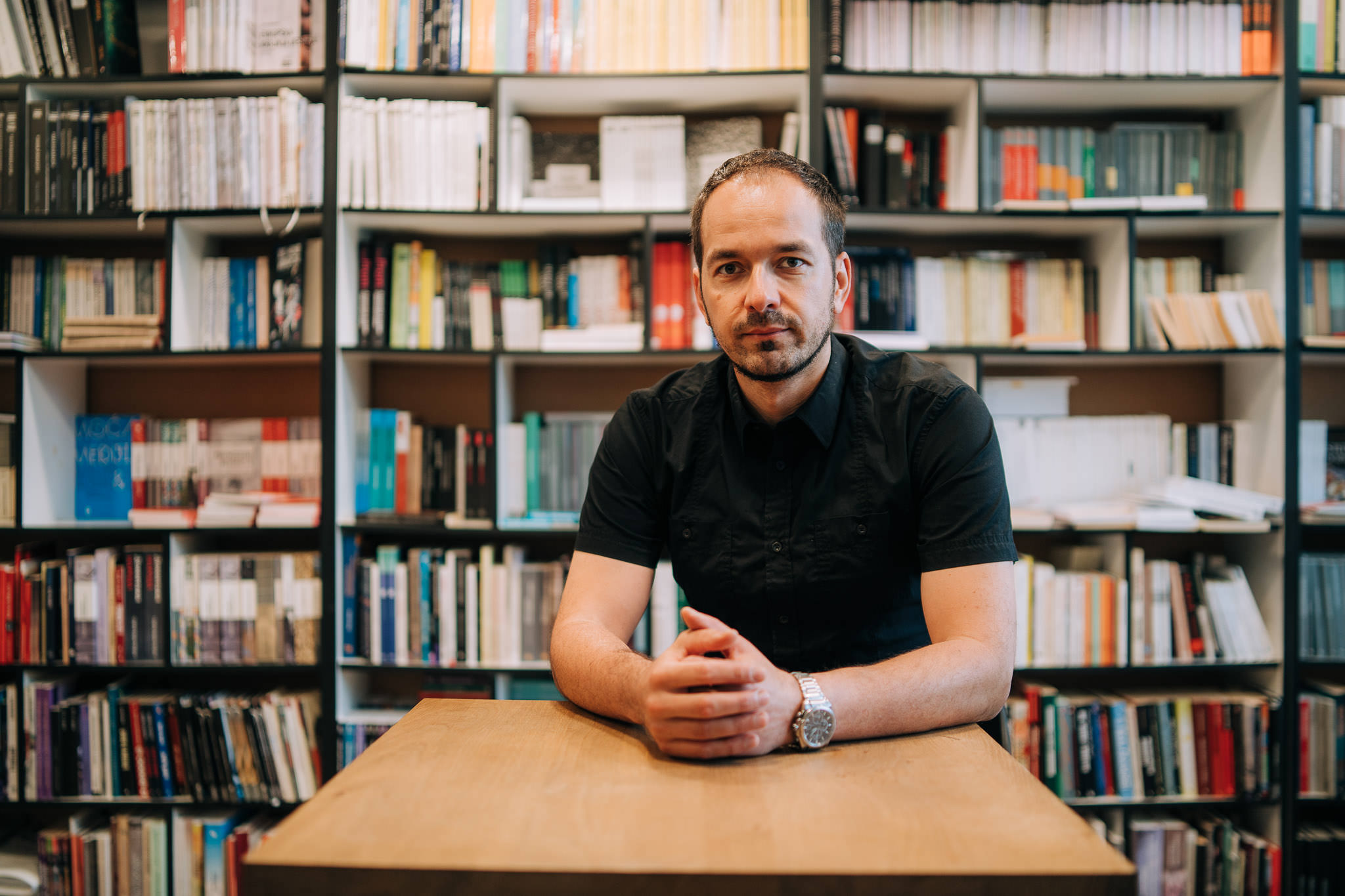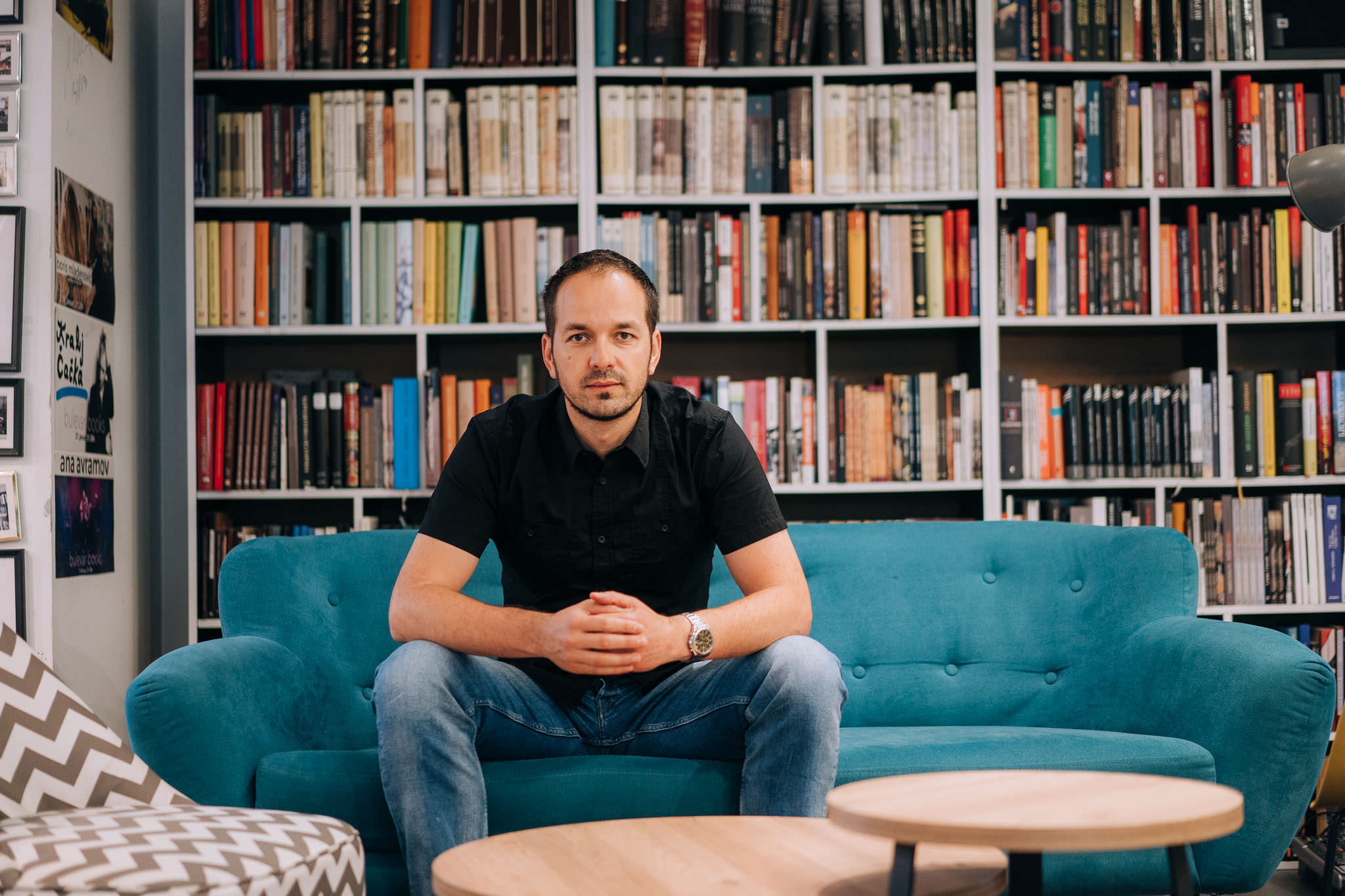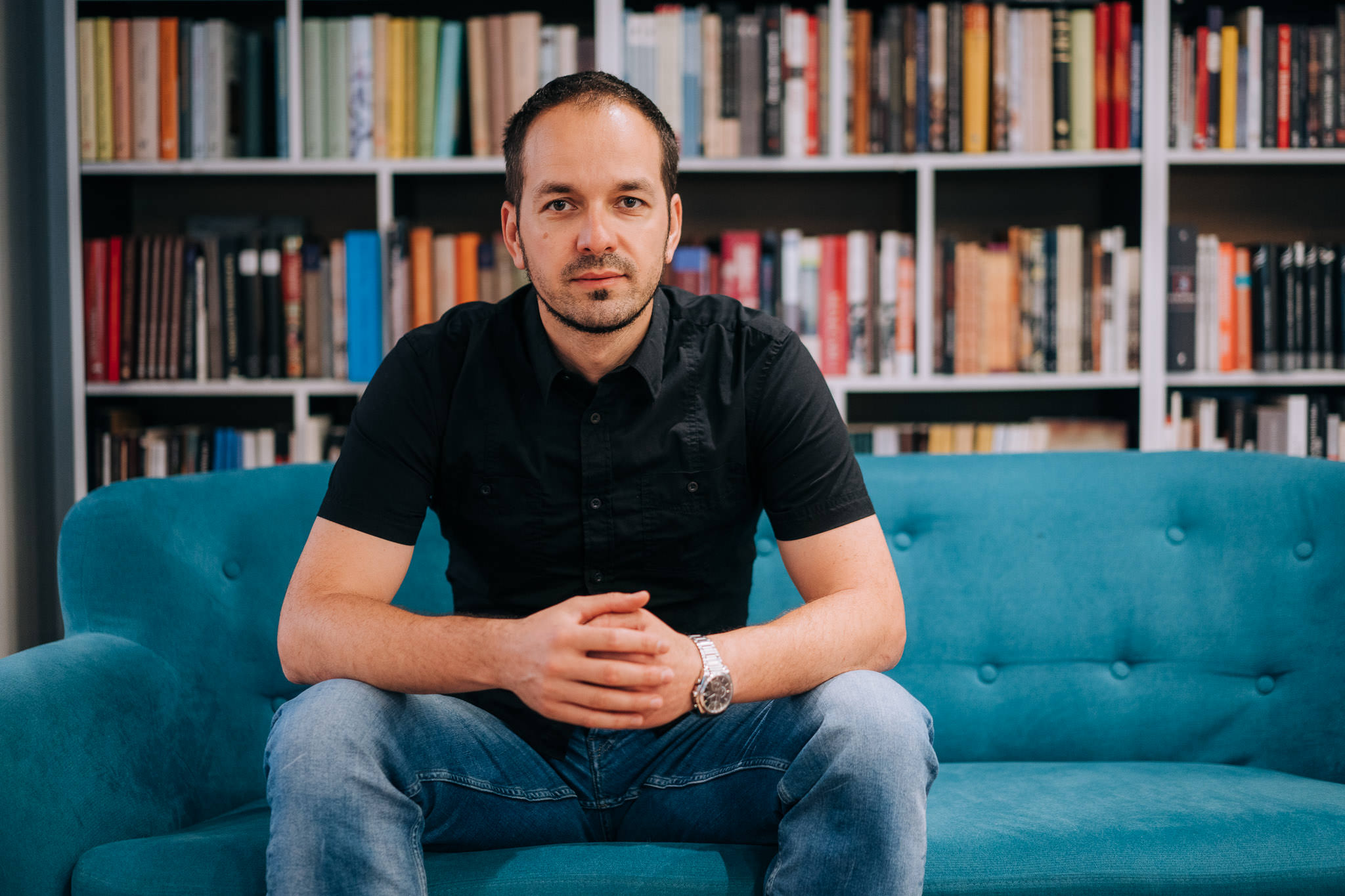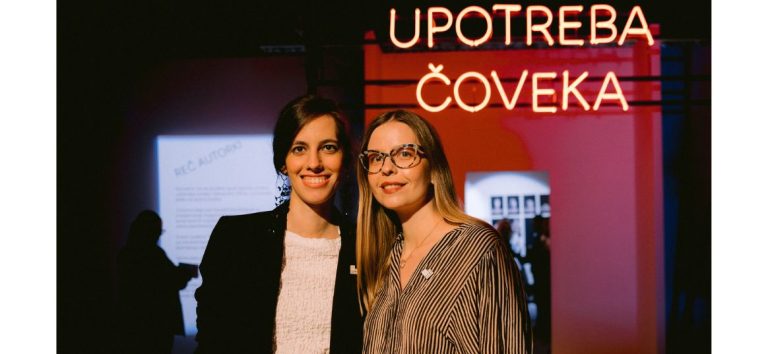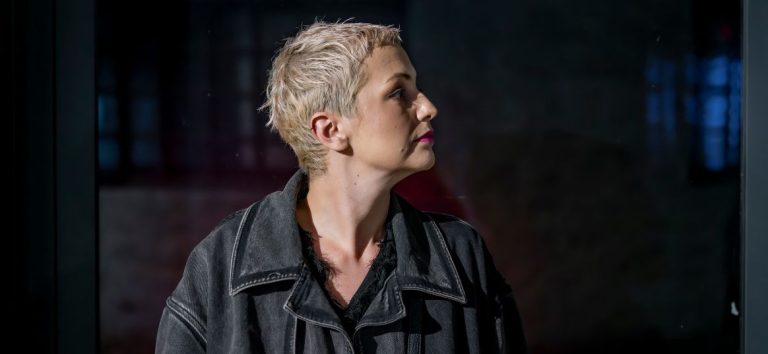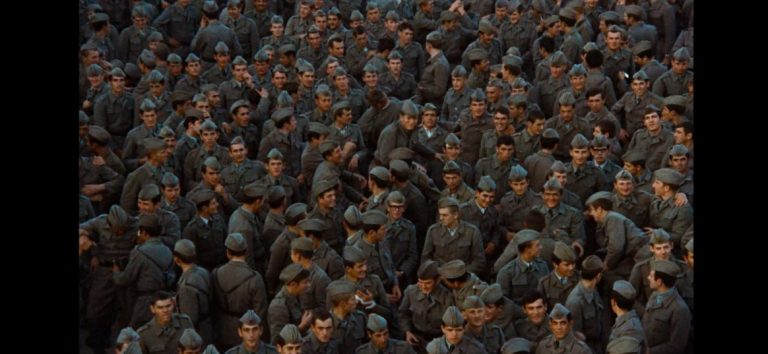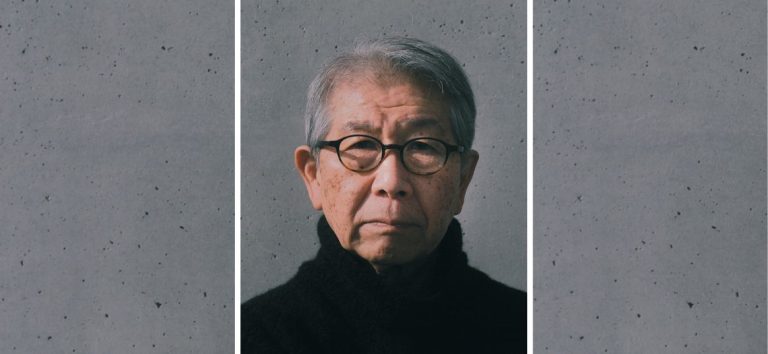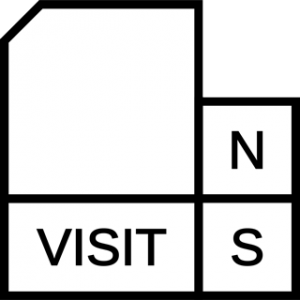Reading Miloš Stojaković’s biography, one can get different impressions. A computer scientist and a mathematician, a PhD holder and a professional frisbee player who at the same time plays percussion and travels to places you can’t even imagine – it’s safe to say that Miloš Stojaković has an eclectic range of interests.
And while a university professor is expected to be authoritative and strict, Miloš is funny and humble, and just like any intellectual, he believes one can always learn something new and he always expects more from himself. Instead of talking with a grumpy sage who acquired all the knowledge of the world, we talked with Miloš as if he was an old acquaintance. We talked with him about the currently popular topics, all the while expecting that the man of impressive biography will do or say something unusual. However, as it turns out, Miloš’s career, success and numerous hobbies are just part of this brilliant mind’s everyday life.. Above all, I appreciate diversity, and I don’t like monotony – I want to do something new every day!When someone studies at two universities simultaneously, the first thing that comes to mind is indecisiveness and uncertainty of the youth that has to decide on their future profession, but when they graduate from both universities with exceptionally high grades, one can’t help but think the motive was somewhat different? – Mathematics and Informatics are related, of course, and if you dig deeper into each of them, it gives you a certain depth of understanding them both. When I applied for the university in 1995, Informatics was just becoming popular but was still a bit aside, so I decided to go for Mathematics. Having finished the first year, I realised I was good at it and that I had time to study both sciences and I decided to study Informatics as well. These two were somewhat overlapping during the first year, so I automatically ended up in the second year of Informatics. After that, I was passing double the exams per year and graduated from both departments on time. As it was before the Bologna system of education, although the courses were more extensive and more difficult than they are nowadays, there weren’t so many partial tests, points for attendance and other requirements I would hardly be able to carry out given the fact that I was studying in two departments. This way, each subject required passing written and oral exams. With good organisation, I passed them one by one and I even had quite some time to rest and reset.
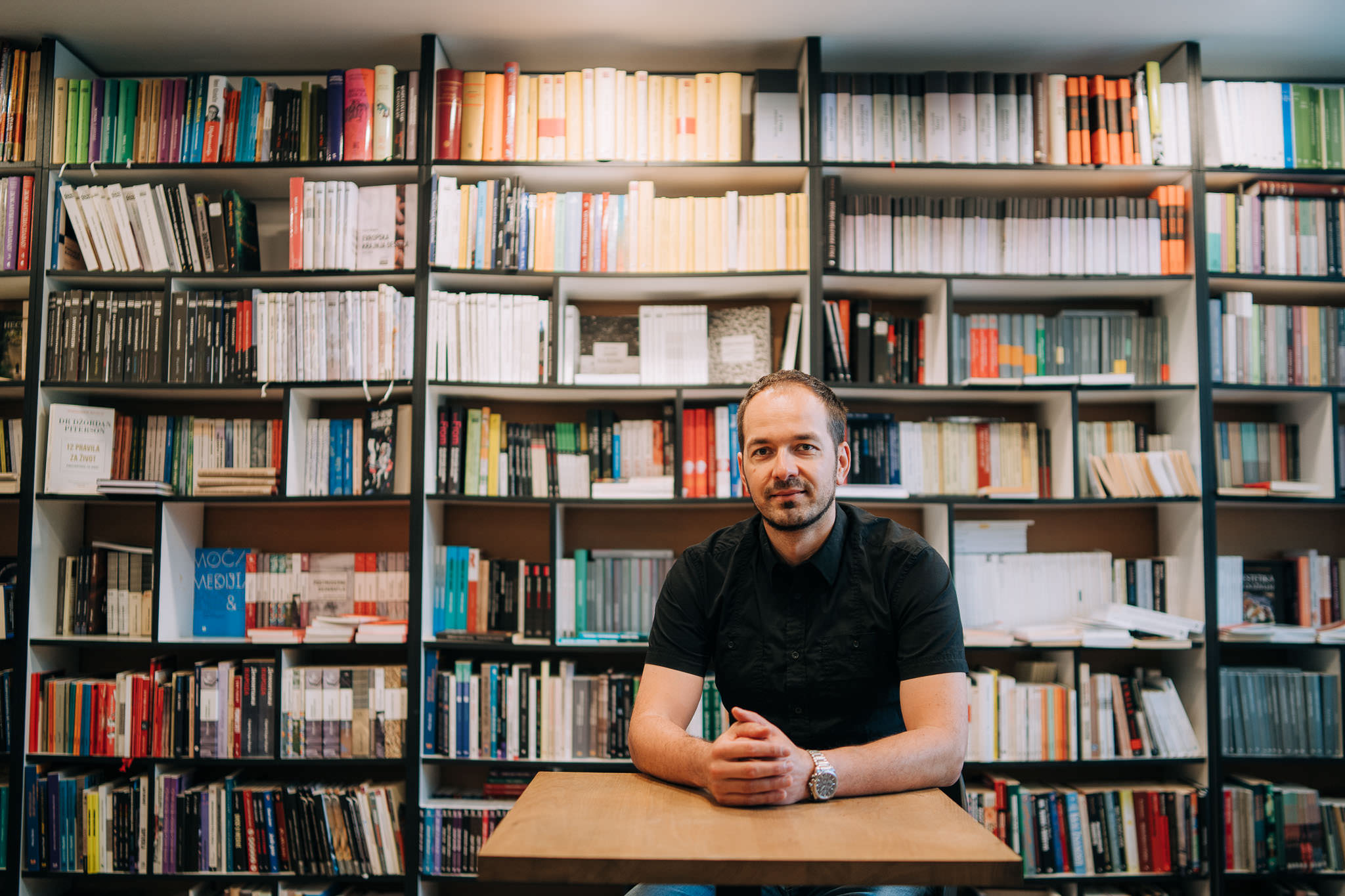 When you have free time, where in Novi Sad do you like to hang out with friends and relax?
– I like spending time with people, especially if there’s some tasty food involved as well. I prefer a homey ambience, and, of course, it’s important that the host cooks well. I also appreciate going to restaurants, but only with a good reason – if the menu offer is worth going. I’ve been attending pub quizzes in the last few years, I like the contrasting combination of a relaxing bar ambience and a tense test of knowledge. Today, there are many such quizzes, and my friends and I love the ones organized by Nikola Kostić, better known as Lee Men, who, in our opinion, demonstrates his undeniable talent in this somewhat non-standard form of public appearance.
When you have free time, where in Novi Sad do you like to hang out with friends and relax?
– I like spending time with people, especially if there’s some tasty food involved as well. I prefer a homey ambience, and, of course, it’s important that the host cooks well. I also appreciate going to restaurants, but only with a good reason – if the menu offer is worth going. I’ve been attending pub quizzes in the last few years, I like the contrasting combination of a relaxing bar ambience and a tense test of knowledge. Today, there are many such quizzes, and my friends and I love the ones organized by Nikola Kostić, better known as Lee Men, who, in our opinion, demonstrates his undeniable talent in this somewhat non-standard form of public appearance.
I’m interested in a lot of things from different fields, the list is almost infinite! No matter the knowledge you already have, there’s always room for more and there’s always something you haven’t seen yet.What events and happenings in Novi Sad (entertainment, cultural, sport…) you never miss? – I gladly go to any kind of music performances, from classical music, for which we can thank the Music Youth of Novi Sad, to gigs that are being organised in numerous places that, for a long time now, add to the rich ’garage’ scene of our city: CK13, Dom b-612, Bulevar Books, KC LAB, KCNS and other places. Kineska Quarter was the centre of such events until they started renovating it. I honestly hope the renovated objects will preserve their initial purpose in the future.
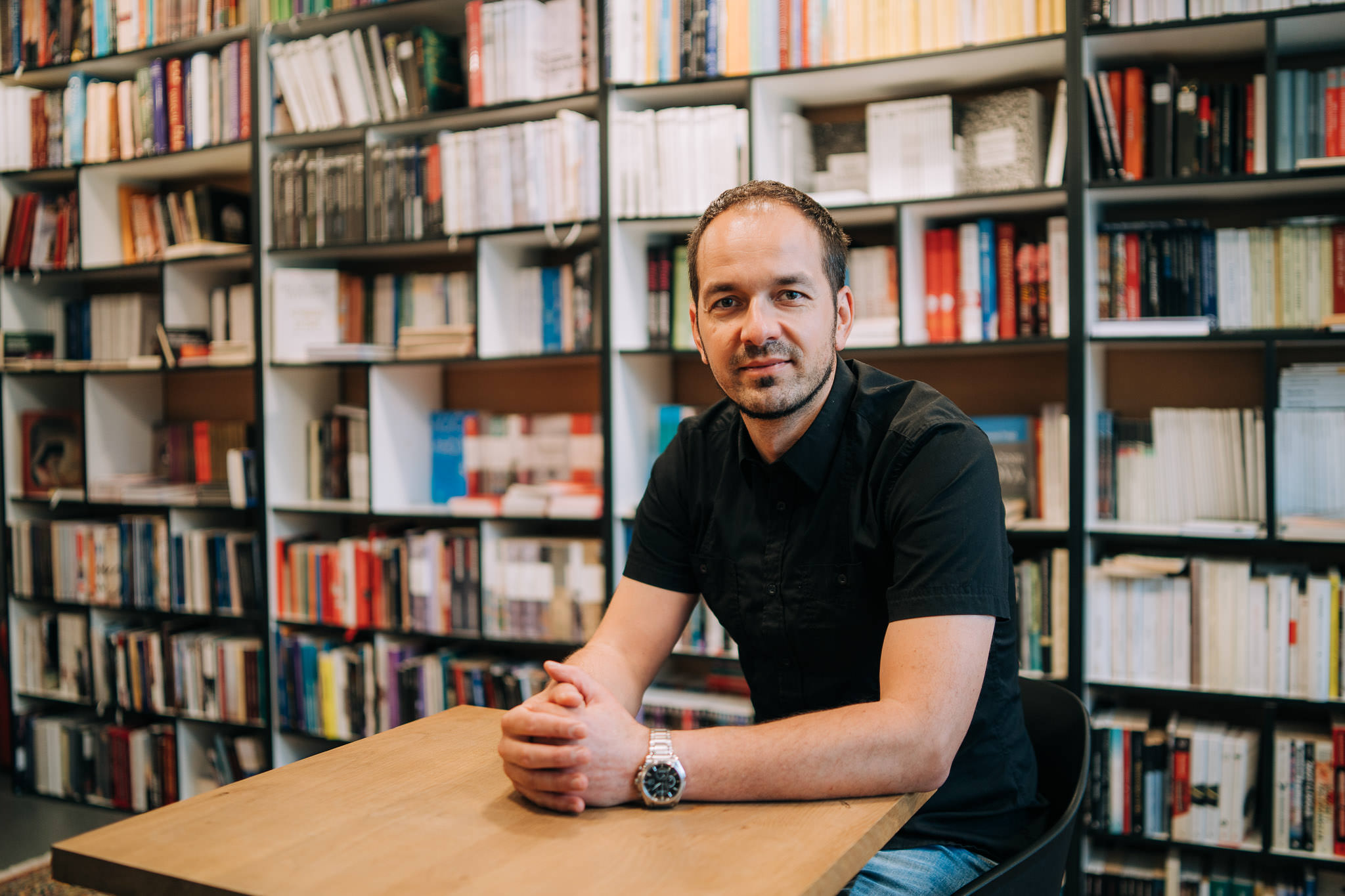 You’ve visited more than 50 countries. Which of them would you always go back to and why?
– There is no country I wouldn’t want to visit, no matter if I’ve already been there or not. Travelling is great, I like the change of ambience and I like to observe a different environment on different levels – new urban space, nature and landscapes, local food, architecture, the way people live and so on. As for my favourite countries, the first on the list is certainly Switzerland, especially Zurich, where I lived for four years, until 2005. I gladly go back there, at least once a year. The beautiful alpine landscapes speak for themselves, and I don’t think of Zurich as a foreign city, but as my second home rather. As for what impressed me the most, it would definitely be Svalbard, Iguazu Falls, India as a whole, the Greater Caucasus, the jungles of Laos, Isfahan in Iran and Iceland.
Is there anything you haven’t tried/done so far do but would like to, some other branch of science, something artistic, anything?
You’ve visited more than 50 countries. Which of them would you always go back to and why?
– There is no country I wouldn’t want to visit, no matter if I’ve already been there or not. Travelling is great, I like the change of ambience and I like to observe a different environment on different levels – new urban space, nature and landscapes, local food, architecture, the way people live and so on. As for my favourite countries, the first on the list is certainly Switzerland, especially Zurich, where I lived for four years, until 2005. I gladly go back there, at least once a year. The beautiful alpine landscapes speak for themselves, and I don’t think of Zurich as a foreign city, but as my second home rather. As for what impressed me the most, it would definitely be Svalbard, Iguazu Falls, India as a whole, the Greater Caucasus, the jungles of Laos, Isfahan in Iran and Iceland.
Is there anything you haven’t tried/done so far do but would like to, some other branch of science, something artistic, anything?
- Of course, I’m interested in a lot of things from different fields, the list is almost infinite! No matter the knowledge you already have, there’s always room for more and there’s always something you haven’t seen yet. In today’s world, everything is at your fingertips – interesting and well-conceptualized lectures and educational videos on YouTube, podcasts, interactive content, online courses and stuff like that. I use every opportunity to learn something new.
 When you have free time, where in Novi Sad do you like to hang out with friends and relax?
– I like spending time with people, especially if there’s some tasty food involved as well. I prefer a homey ambience, and, of course, it’s important that the host cooks well. I also appreciate going to restaurants, but only with a good reason – if the menu offer is worth going. I’ve been attending pub quizzes in the last few years, I like the contrasting combination of a relaxing bar ambience and a tense test of knowledge. Today, there are many such quizzes, and my friends and I love the ones organized by Nikola Kostić, better known as Lee Men, who, in our opinion, demonstrates his undeniable talent in this somewhat non-standard form of public appearance.
When you have free time, where in Novi Sad do you like to hang out with friends and relax?
– I like spending time with people, especially if there’s some tasty food involved as well. I prefer a homey ambience, and, of course, it’s important that the host cooks well. I also appreciate going to restaurants, but only with a good reason – if the menu offer is worth going. I’ve been attending pub quizzes in the last few years, I like the contrasting combination of a relaxing bar ambience and a tense test of knowledge. Today, there are many such quizzes, and my friends and I love the ones organized by Nikola Kostić, better known as Lee Men, who, in our opinion, demonstrates his undeniable talent in this somewhat non-standard form of public appearance.
I’m interested in a lot of things from different fields, the list is almost infinite! No matter the knowledge you already have, there’s always room for more and there’s always something you haven’t seen yet.What events and happenings in Novi Sad (entertainment, cultural, sport…) you never miss? – I gladly go to any kind of music performances, from classical music, for which we can thank the Music Youth of Novi Sad, to gigs that are being organised in numerous places that, for a long time now, add to the rich ’garage’ scene of our city: CK13, Dom b-612, Bulevar Books, KC LAB, KCNS and other places. Kineska Quarter was the centre of such events until they started renovating it. I honestly hope the renovated objects will preserve their initial purpose in the future.
 You’ve visited more than 50 countries. Which of them would you always go back to and why?
– There is no country I wouldn’t want to visit, no matter if I’ve already been there or not. Travelling is great, I like the change of ambience and I like to observe a different environment on different levels – new urban space, nature and landscapes, local food, architecture, the way people live and so on. As for my favourite countries, the first on the list is certainly Switzerland, especially Zurich, where I lived for four years, until 2005. I gladly go back there, at least once a year. The beautiful alpine landscapes speak for themselves, and I don’t think of Zurich as a foreign city, but as my second home rather. As for what impressed me the most, it would definitely be Svalbard, Iguazu Falls, India as a whole, the Greater Caucasus, the jungles of Laos, Isfahan in Iran and Iceland.
Is there anything you haven’t tried/done so far do but would like to, some other branch of science, something artistic, anything?
You’ve visited more than 50 countries. Which of them would you always go back to and why?
– There is no country I wouldn’t want to visit, no matter if I’ve already been there or not. Travelling is great, I like the change of ambience and I like to observe a different environment on different levels – new urban space, nature and landscapes, local food, architecture, the way people live and so on. As for my favourite countries, the first on the list is certainly Switzerland, especially Zurich, where I lived for four years, until 2005. I gladly go back there, at least once a year. The beautiful alpine landscapes speak for themselves, and I don’t think of Zurich as a foreign city, but as my second home rather. As for what impressed me the most, it would definitely be Svalbard, Iguazu Falls, India as a whole, the Greater Caucasus, the jungles of Laos, Isfahan in Iran and Iceland.
Is there anything you haven’t tried/done so far do but would like to, some other branch of science, something artistic, anything?
- Of course, I’m interested in a lot of things from different fields, the list is almost infinite! No matter the knowledge you already have, there’s always room for more and there’s always something you haven’t seen yet. In today’s world, everything is at your fingertips – interesting and well-conceptualized lectures and educational videos on YouTube, podcasts, interactive content, online courses and stuff like that. I use every opportunity to learn something new.

